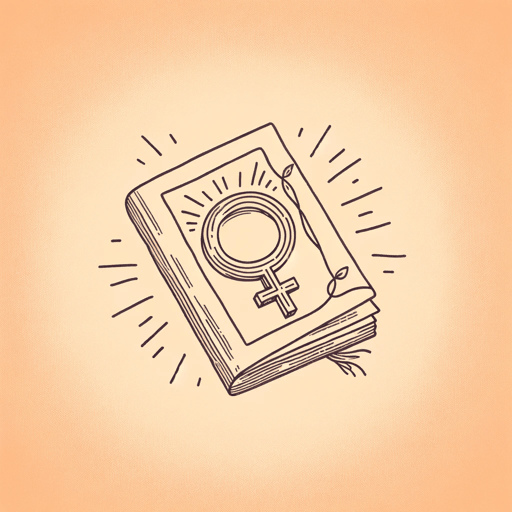49 pages • 1 hour read
Jennifer MathieuMoxie
Fiction | Novel | YA | Published in 2017A modern alternative to SparkNotes and CliffsNotes, SuperSummary offers high-quality Study Guides with detailed chapter summaries and analysis of major themes, characters, and more.
Background
Ideological Context: Feminism and Riot Grrrls
Feminism is the ideological belief that women should be accorded the same civil rights as men, and feminist movements are devoted to dismantling barriers to equality, whether economic, political, or cultural. While traditional definitions of feminism, and the terms used in Moxie, address issues of inequality between women and men, many modern feminists advocate for equality for nonbinary, genderqueer, and trans individuals as well as those who identify as female.
While the notion that women deserve fair and equal treatment has surfaced throughout history, first-wave feminism is usually traced to movements in the 19th century in the United States and Europe that fought for women’s right to vote in public elections and resulted in such landmark legislation as the passage of the 19th Amendment in the US. Second-wave feminism grew in the US during the 1950s and 1960s in concert with broader calls for civil rights, and women demanded, among other things, more economic equality, the ability to own and control property, more job opportunities, and equal pay.
A so-called third wave of feminism emerged in the mid-1990s to continue calls for economic equality in the workforce and legislation to punish domestic violence and sexual assault. Whereas first and second waves had primarily benefited white women, third-wave feminists began to acknowledge the different barriers imposed on women of color and lower socioeconomic strata.


